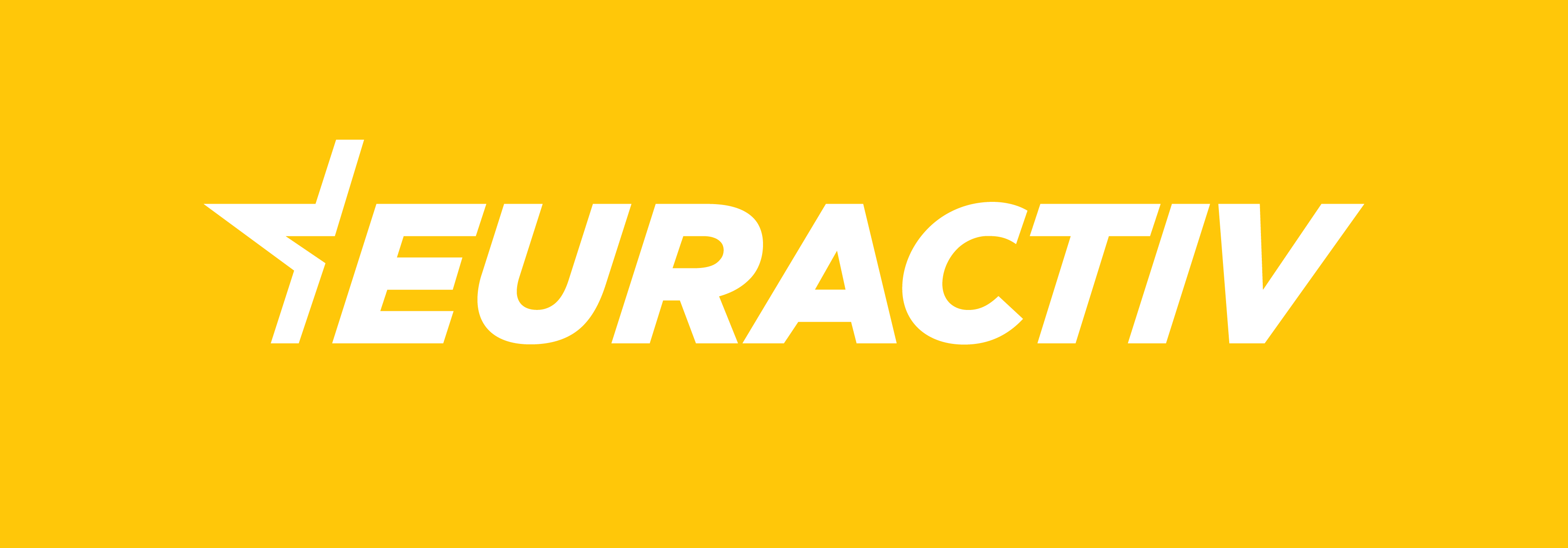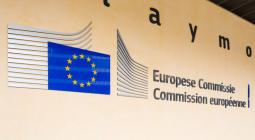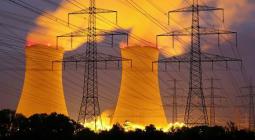Berlin lays out plan to bring back solar, wind industry on German soil

The German government is looking to acquire shares in renewable energy firms and provide support to wind turbine and solar panel manufacturers in order to encourage their production in Germany.
Once upon a time, Germany was home to a fledgling – but promising – industrial landscape of solar panel and wind turbine makers. But as domestic financial support dried up, so did the industry.
Today, home-grown production capacity is once again becoming a priority following Russia’s attack on Ukraine and the sudden interruption of cheap gas flows coming from Russia.
After a public consultation was held from April 2022 to February 2023, the German government now has a three-step plan.
“We need to strengthen the production capacities for renewable energies and electricity grids in Germany and Europe,” said Robert Habeck, the country’s minister of economy and climate action, during a speech in Berlin on Tuesday (21 February).
First, he wants to help companies invest and support the operation of renewable manufacturing facilities.
“We want to identify further instruments,” said Habeck, specifically naming a special electricity tariff for industry, as well as support for operating expenses that are currently contrary to EU regulations. Around the world, countries like China for instance offer cheap electricity tariffs to industry at €0.07 per kilowatt-hour.
Additionally, the government is looking to create a “transformation fund” through which it will seek to acquire shares in renewable energy companies.
“Hybrid capital and hedging should enable the investments, not permanent state participation,” Habeck explained.
Second, the government is looking to de-risk onshore wind and electricity grid expansion “temporarily”.
A wind park developer unable to sell his electricity due to lagging grid capacity may be compensated through a new instrument, for example. These guarantees could include off-take agreements that provide long-term guaranteed cash flows to project developers.
“These are funds that are not supposed to flow,” Habeck pointed out, noting that the upcoming “run” on renewables will soon make such assurances superfluous. As such, providing such guarantees would be a “very calculated risk” and a “brave step ahead”, pending approval by Brussels, he said.
Third, Habeck wants to launch a new round of EU-approved innovative funding schemes called Important Projects of Common European Interest (IPCEI) and extend them to solar. Here, Berlin looks for backing from Spain, which initially floated the idea.
But the government will also conduct a study on restoring the solar PV value chain in Germany, where currently only the initial product, polysilicon, is produced on German soil in any meaningful quantity.
Recent reports that China was considering restricting solar PV exports have only strengthened the industry’s argument.
“Germany wants to triple the photovoltaic share of electricity supply from the current level of around 10% to around 30% in just ten years,” said Jörg Ebel, head of the solar industry lobbying association BSW.
To safeguard “this target, which has no alternatives” and given the “systemic relevance” of solar PV, Germany should “not only rely on buying” solar panels, the lobbyist added.
Habeck was notably tight-lipped on a price tag for the initiative, referring to “rough estimates” that may be subject to change. Yet, it is unlikely that government support for operating expense (OpEx) at scale could come cheaply.
Betting on movement in Brussels
Much of the German plan to boost the clean tech industry on its soil is contingent on changes at the EU level. Shackled by EU state aid rules, measures like dedicated OpEx support would be unthinkable.
To implement the measures, “the Commission must first create the legal framework necessary under EU state aid law,” the government paper reads.
Habeck hopes that the German push will “complement” the EU’s Green Deal Industrial Plan outlined by the European Commission earlier this month. “It is not an alternative programme, but one that relies on Europe creating the opportunity or then recognising our wishes,” the German minister told journalists.
But there is another potential roadblock: the liberal FDP party which controls the finance ministry under the three-party government coalition in Berlin.
“The Federal Government must create the legal framework for the budget,” Habeck said.
The government has been stuck in a rut, with finance minister Christian Lindner refusing Habeck’s request for additional money in a testy exchange of letters in mid-February. Chancellor Olaf Scholz has yet to intervene.
Lindner, and his liberal FDP, may see Habeck’s plan to acquire shares in renewable energy installations with some concern as well, due to the FDP’s preference for privatisation. Indeed, the energy security act that was used to expropriate Gazprom Germania last year was equipped with a clause to eventually make a re-privatisation mandatory.
PHOTO: Germany has got a new plan to lure the solar and wind industry back to its soil: de-risking investment and generous operating expenditure support. [EPA-EFE/CLEMENS BILAN]





